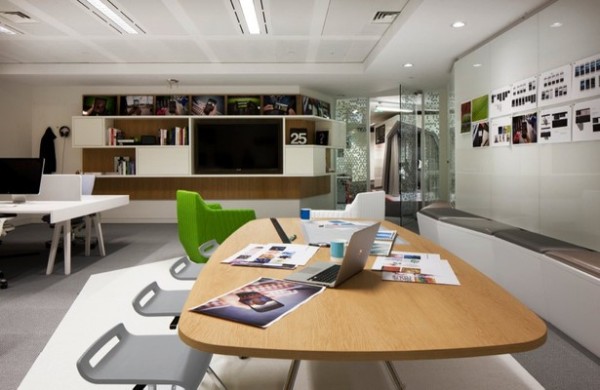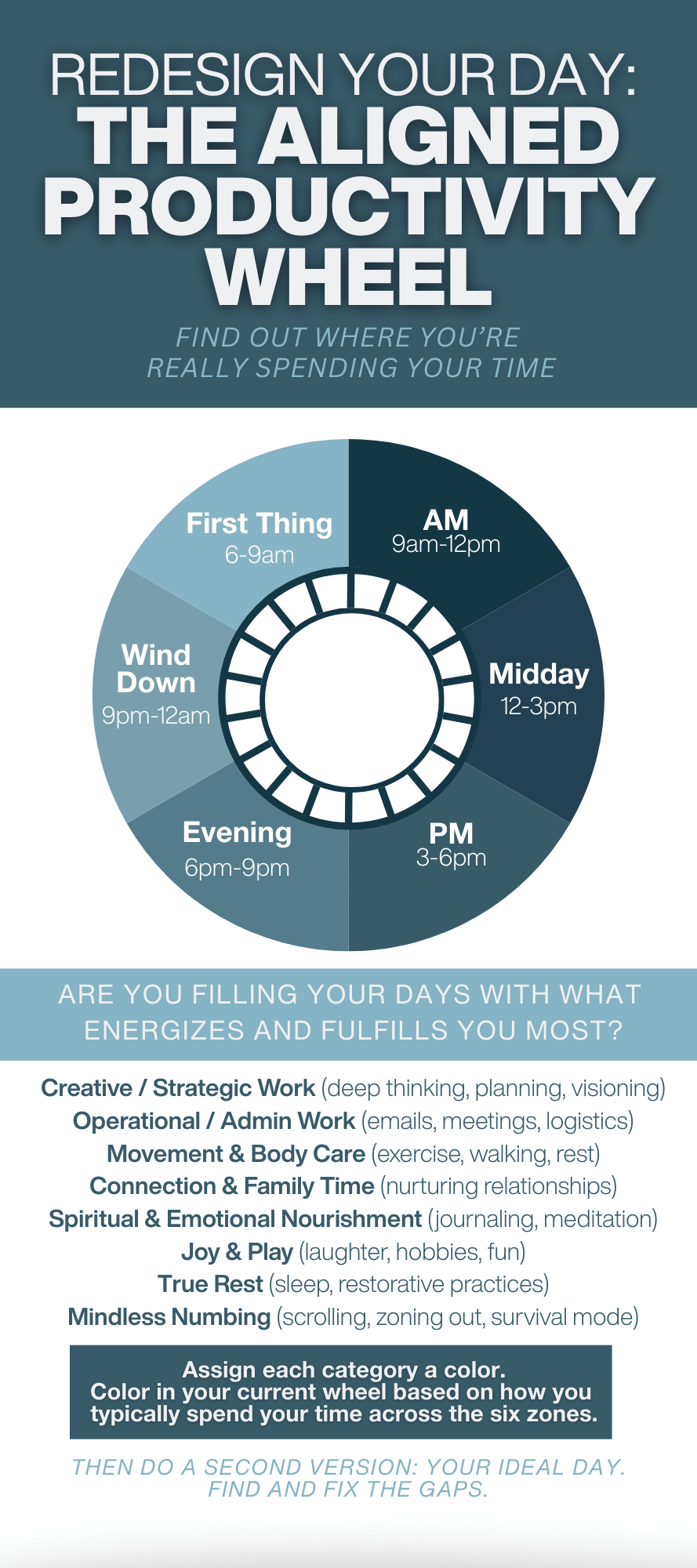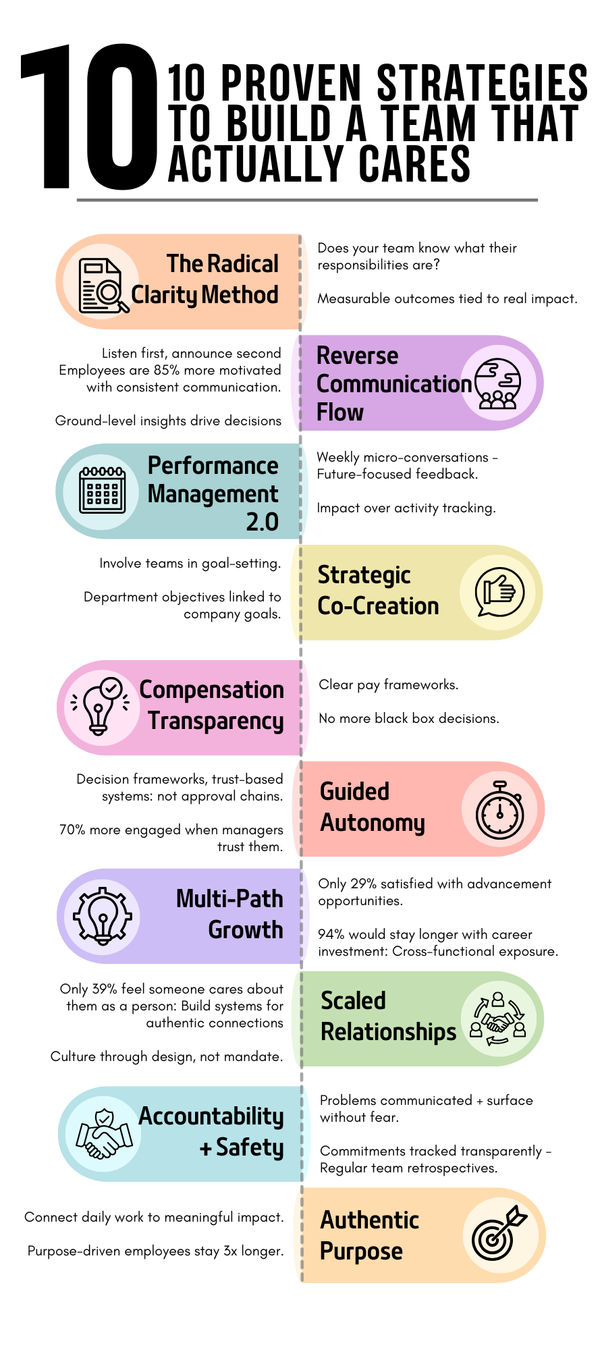
Google is one of those companies that has become known for the many perks it offers employees. From free meals, to a campus full of modern furniture and every amenity imaginable. What many don't realize, however, is the amount of research that goes into every decision made regarding Google's perks.
Google's senior vice president of people operations, Laszlo Bock, uses data gathered from the Framingham Heart Study, which began monitoring participants in Massachusetts back in 1948. The study, which is still continuing, focuses on health, genetics and happiness.
This prompted Google to design their own study, "gDNA." The two-year-old study is seeking to understand how people work, and is planning to continue doing so for the next century.
“We all have our opinions and case studies, but there is precious little scientific certainty around how to build great work environments, cultivate high performing teams, maximize productivity, or enhance happiness,” Bock wrote in the Harvard Business Review.
Google's study is using their own employees as test subjects. They have more than 4,000 employees complete two surveys each year, both of which are anonymous. And, while the study is still fairly new, the company has already managed to identify two key pieces of information when it comes to work-life balance.
The first is that 31% of Google employees are able to draw a boundary between work and life.
“They draw a psychological line between work stress and the rest of their lives, and without a care for looming deadlines and floods of emails can fall gently asleep each night,” Bock writes. “Segmentors reported preferences like ‘I don’t like to have to think about work while I am at home.’”
For others, about 69% of Google employees, they are unable to draw such a boundary. But about half of them wish they were more like the first group.
“For ‘Integrators,’ by contrast, work looms constantly in the background,” Bock writes. "They not only find themselves checking email all evening, but pressing refresh on gmail again and again to see if new work has come in.“
Google has begun helping employees find a better work-life balance. In their Dublin office, they have implemented a program called "Google Goes Dark," which asks employees to leave their devices at the front desk before leaving the office for the day.










Member discussion